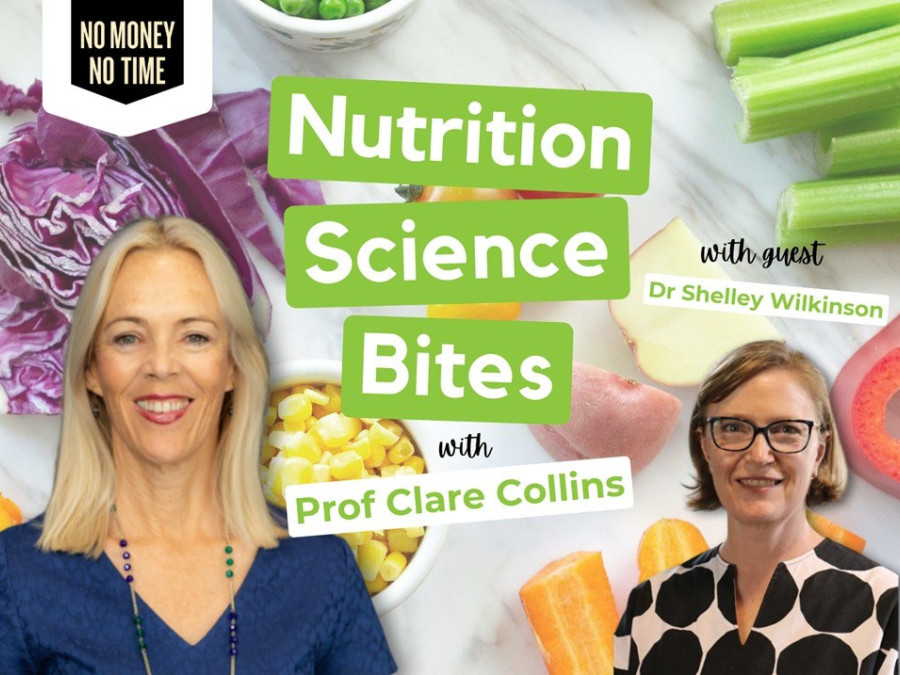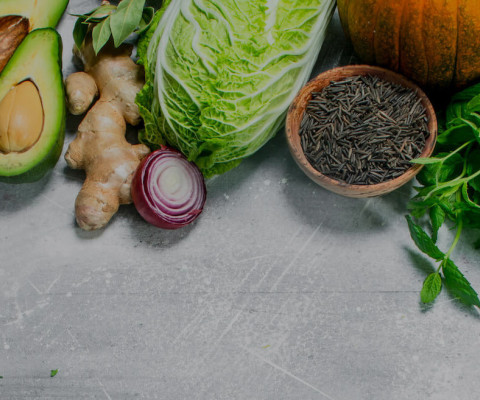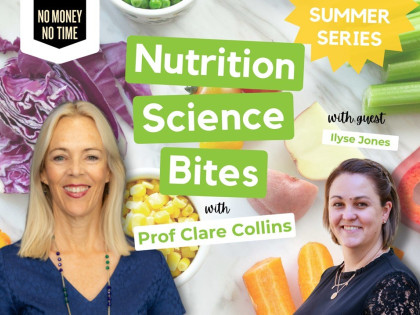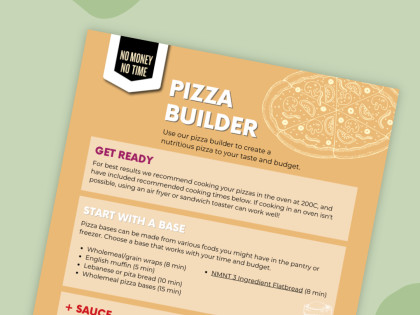Dr Shelley Wilkinson is an Advanced Accredited Practising Dietitian with a PhD in Psychology. She has assisted numerous Queensland Health Services in adopting new models of care to improve patient and staff satisfaction, clinical measures, and how to co-create meaningful changes with clinical teams. She is currently working with the Mater Mothers Hospital in Brisbane to create an evidence-informed, co-creation approach to the delivery of care within Obstetric Medicine. Dr Shelley Wilkinson is also the Director and Principal Dietitian of Lifestyle Maternity, a specialised dietetic practice focused on providing nutrition and lifestyle support for women throughout their fertility journey, pregnancy, and the first year postpartum.
Nutrition Science Bites with Prof Clare Collins and Guest Dr Shelley Wilkinson - Eating for Two? Peak Nutrition for Pregnancy
Podcast












